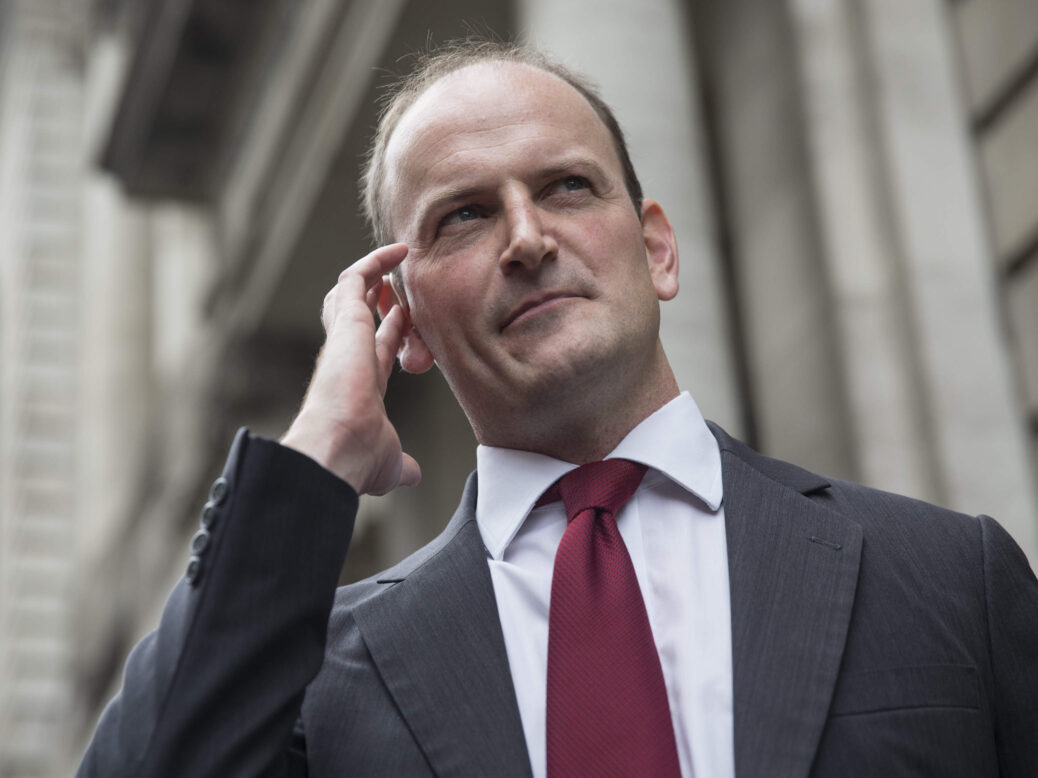
So, the Tory logic goes, Douglas Carswell is just plain wrongheaded. Resigning and moving to Ukip makes an Ed Miliband victory more likely in 2015, whereas the only way of making sure the country is given a choice on membership of the European Union is seeing David Cameron back in Downing Street.
The Spectator’s Fraser Nelson was saying it all over again yesterday when he stated that if Carswell was serious about Europe he would never have defected:
Trouble is – as I suspect most bright Tories like Nelson know only too well – that’s not the only choice.
It pre-supposes that there can only be two governments – Tory or Labour majorities. It neatly ignores the fact that we don’t have either right now – we have a coalition (much as the Tories like to forget it when it suits). And given the current polling arithmetic, we most likely won’t have a Tory or Labour majority government next time either.
When that happens, the “purist” manifestos of all the parties go out of the window, and the plan for the coming five years of government boils down to either what a minority government can get through parliament or what potential coalition partners can thrash out in however long the City gives them to form a semi-sensible plan for five years of government in the days after the election.
Of course, any Labour government or Labour-led coalition has set its face against an EU referendum.
But we might well have a Tory minority government, which may want to hold a referendum but would have neither the electoral mandate nor the parliamentary numbers to get it through. We might have another Lib-Con government – in which case the Lib Dems would veto any referendum talk.
Or, were the polls to leave the Conservatives just short of a majority, they may well end up looking not to the Lib Dems, but to the smaller parties for support. And if Ukip have not the solitary seat many expected them to gain (via Farage) in 2015, but four or five seats, they might well (with the DUP) find themselves supporting the government.
For which they would extract a fairly hefty price. The EU renegotiation would suddenly look very different. Plus the blueprints that Carswell has been outlining for the Tories in government might get pushed over the table adorned with a Ukip logo – and ironically have more chance of becoming a reality
When Farage looked like being the only likely Ukip winner in 2015, this seemed a forlorn pipe dream. But with polling suggesting Carswell will win his by-election, and the potential momentum that could give Ukip, suddenly it all becomes a bit more likely.
Which is of course what Carswell really wants.
It’s interesting that the Tories use words like “regrettable”, “counter-productive” and “bizarre”. But they don’t call it stupid – because they know Carswell is anything but that.



